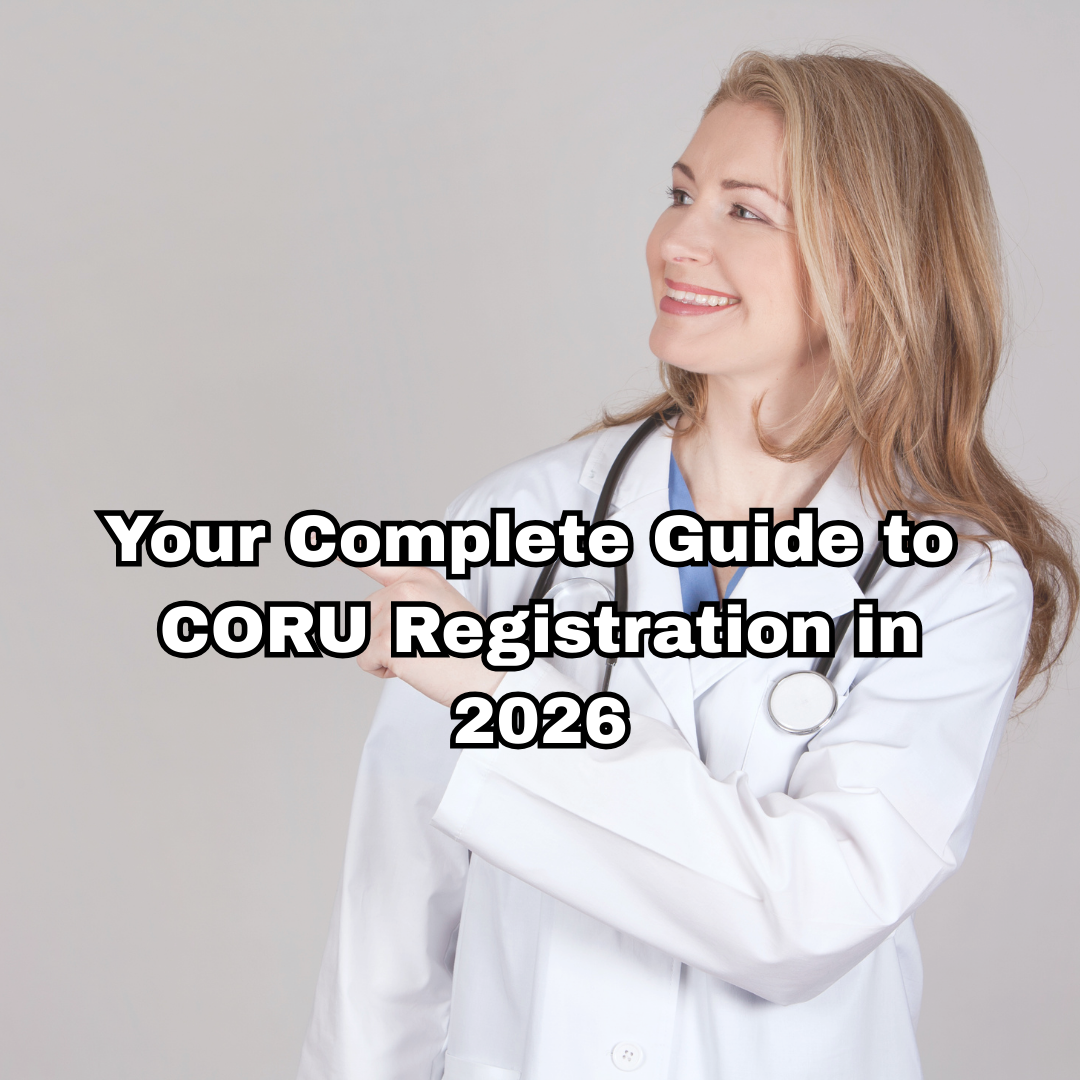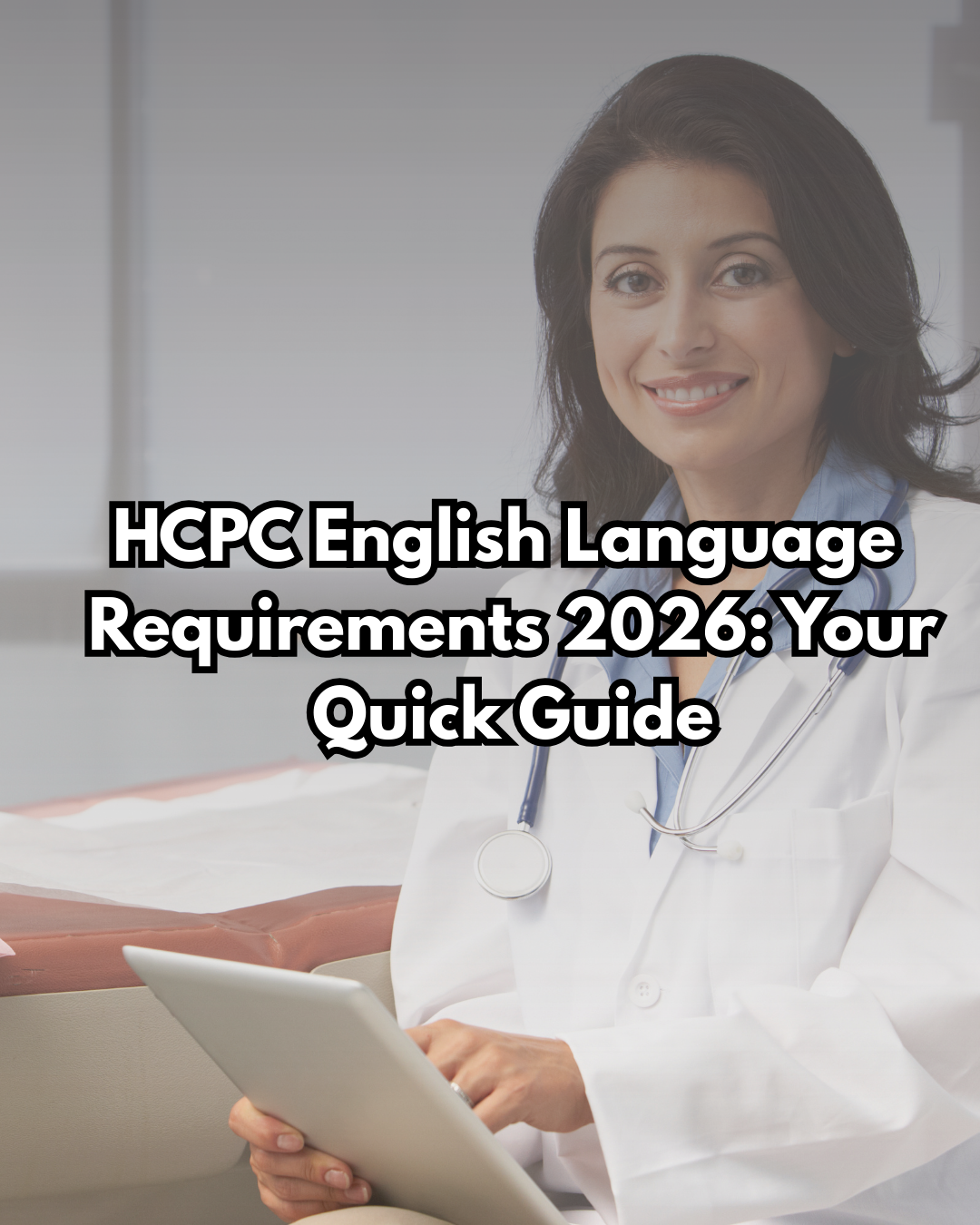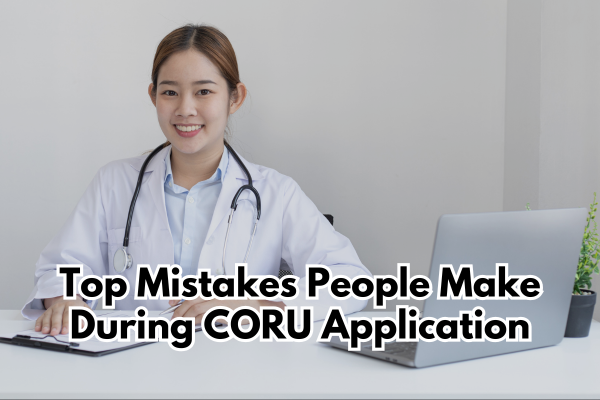Understanding CPD (Continuing Professional Development) Requirements After Registration
After successfully completing your HCPC or CORU registration, your journey as a healthcare professional doesn’t stop there. One of the most important responsibilities you have after registration is CPD – Continuing Professional Development. In this blog, Evenhanded Overseas Consultancy explains what CPD is, why it’s important, and how we support you with our expert HCPC registration assistance and CORU registration consultancy.
What Is CPD?
Continuing Professional Development (CPD) means keeping your knowledge and skills up to date after you are registered. It includes any learning activity that improves your ability to work safely and effectively in your profession.
Whether you are a physiotherapist, radiographer, or occupational therapist, both HCPC (UK) and CORU (Ireland) require you to regularly complete CPD activities.
Why Is CPD Important?
-
Shows that you are committed to quality care
-
Helps you grow in your healthcare career
-
Keeps your professional skills updated
-
A requirement to stay on the professional register
If you are aiming for healthcare jobs in the UK and Ireland, maintaining an active CPD record can also improve your chances of promotion or applying for specialist roles.
CPD Requirements for HCPC (UK)
Once you’re on the HCPC register, you must:
-
Keep a CPD portfolio
-
Record at least 5 different types of CPD activities
-
Show how these activities improved your practice
-
Submit your CPD portfolio if selected for an audit
Examples of HCPC-accepted CPD activities include:
-
Attending workshops or seminars
-
Reading professional journals
-
Online training or short courses
-
Case discussions or supervision
-
Volunteering or shadowing
Need help creating a CPD portfolio? Contact Evenhanded Overseas for UK healthcare licensing support and ongoing guidance.
CPD Requirements for CORU (Ireland)
If you are registered with CORU, you must:
-
Keep a CPD record for each renewal period (usually every 2 years)
-
Reflect on your learning and how it applies to your role
-
Provide evidence if CORU audits your CPD record
Examples of CORU-approved CPD activities:
-
Attending professional conferences
-
Participating in team meetings or in-service training
-
Research or academic studies
-
Writing case reports or presenting
-
Completing e-learning modules
If you’re unsure what counts as valid CPD, our CORU registration consultancy team can guide you in planning your activities.
How to Maintain a Good CPD Record
To stay safe during audits and prove your commitment to development, follow these steps:
-
Record regularly. Don’t wait until the last minute.
-
Be specific. Describe what you did and learned.
-
Link learning to practice. Explain how it helped improve patient care.
-
Store evidence. Keep certificates, notes, or attendance records.
-
Review often. Make sure your CPD aligns with your goals.
How Evenhanded Overseas Consultancy Supports You
We don’t stop at registration. Our team at Evenhanded Overseas Consultancy offers continued support for overseas professionals through:
-
Guidance on meeting HCPC and CORU CPD standards
-
Sample CPD logs and templates
-
Tips on how to pass CPD audits
-
Help planning CPD activities relevant to your career
-
Full overseas healthcare registration services
Whether you are a recent registrant or an experienced professional, we ensure you stay compliant and confident in your profession.
Final Words
CPD is not just a requirement – it’s a way to grow and stay competent in your field. By understanding and fulfilling your CPD duties, you protect your registration and open doors to better healthcare jobs in the UK and Ireland.





